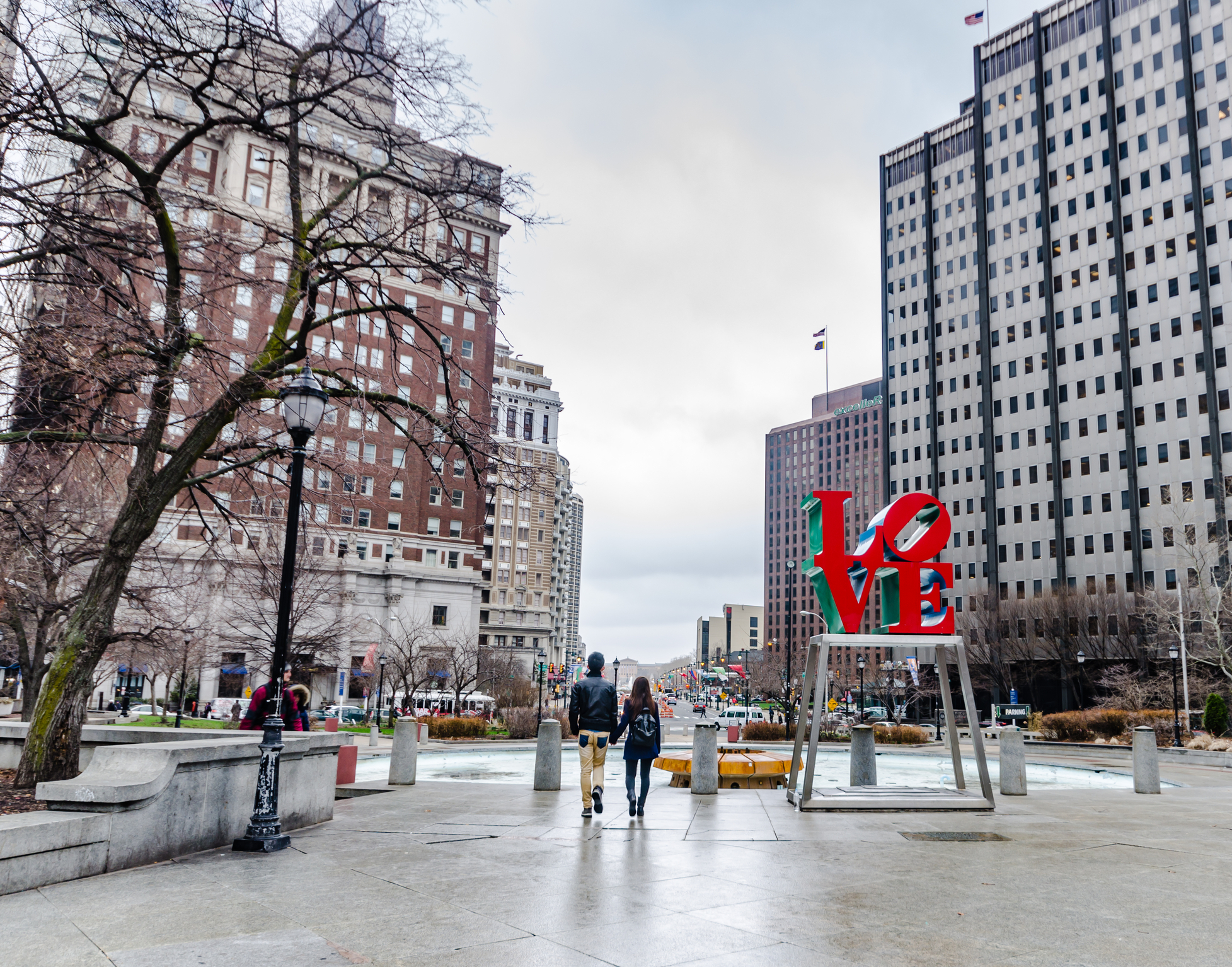Philadelphia, a city steeped in history and cultural richness, is experiencing a troubling trend: a decline in its population growth. Despite its many attractions, more and more people choose not to move to Philadelphia. This departure can be attributed to many factors, ranging from economic to environmental, each playing a crucial role in shaping the city’s future. Let’s delve into the key reasons behind this trend.
Philadelphia’s neighbor across the Delaware River has become one of America’s top exodus states, but New Jerseyans are skipping the city and going further. It could be because Philadelphia offers more of the same as what they are leaving in New Jersey, but The World, According to Briggs, has identified ten reasons why people aren’t coming.
Downtown Crowding
Philadelphia is the second largest city on the East Coast, leading to significant downtown crowding. This congestion often results in less space, increased living expenses, and a general decline in quality of life for residents.
Traffic Woes
The city’s traffic situation adds to the daily stress of its residents. On average, drivers in Philadelphia lose 75 hours per year due to traffic congestion, making commutes longer and more frustrating.
Extreme Weather Conditions
Philadelphia experiences harsh winters and hot summers, with limited relief from these extremes. This can make living in the city particularly challenging during these seasons.
Inefficient Public Transportation
Public transportation, primarily managed by SEPTA, has faced criticism for inefficiency and unreliability, making it less appealing for daily commutes.
High Cost of Living
The cost of living in Philadelphia is considerably high, with expenses such as housing, utilities, and groceries surpassing the national average in many cases.
Declining Cleanliness
Philadelphia has been voted as one of the dirtiest cities in America. This perception negatively impacts its appeal to both current residents and potential newcomers.
Crime Rates
The city’s crime rates, particularly violent crimes, are a major concern. With a nickname like “Killadelphia” and a murder rate far above the national average, safety remains a pressing issue.
Taxation
Philadelphia is one of the highest-taxed cities in the United States, which can be a deterrent for people considering moving to the city.
Unfavorable for Families
A study has shown that Philadelphia ranks poorly as a place to raise a family, based on factors such as education quality, crime rates, affordability, and lack of child-friendly amenities.
Each of these factors contributes to the growing reluctance of individuals and families to make Philadelphia their home. Addressing these issues is crucial for the city’s leaders to reverse this trend and enhance the city’s appeal as a desirable place to live. The future of Philadelphia hinges on strategic improvements in these areas, which are essential for attracting new residents and retaining current ones.
Philadelphia’s population is growing annually, but at around 0.5% annual growth, it is down from it’s peak of 0.9% in the 1990s. In the 1950s and 1960s, Philadelphia was booming, growing at a rate of about 2% annually.
